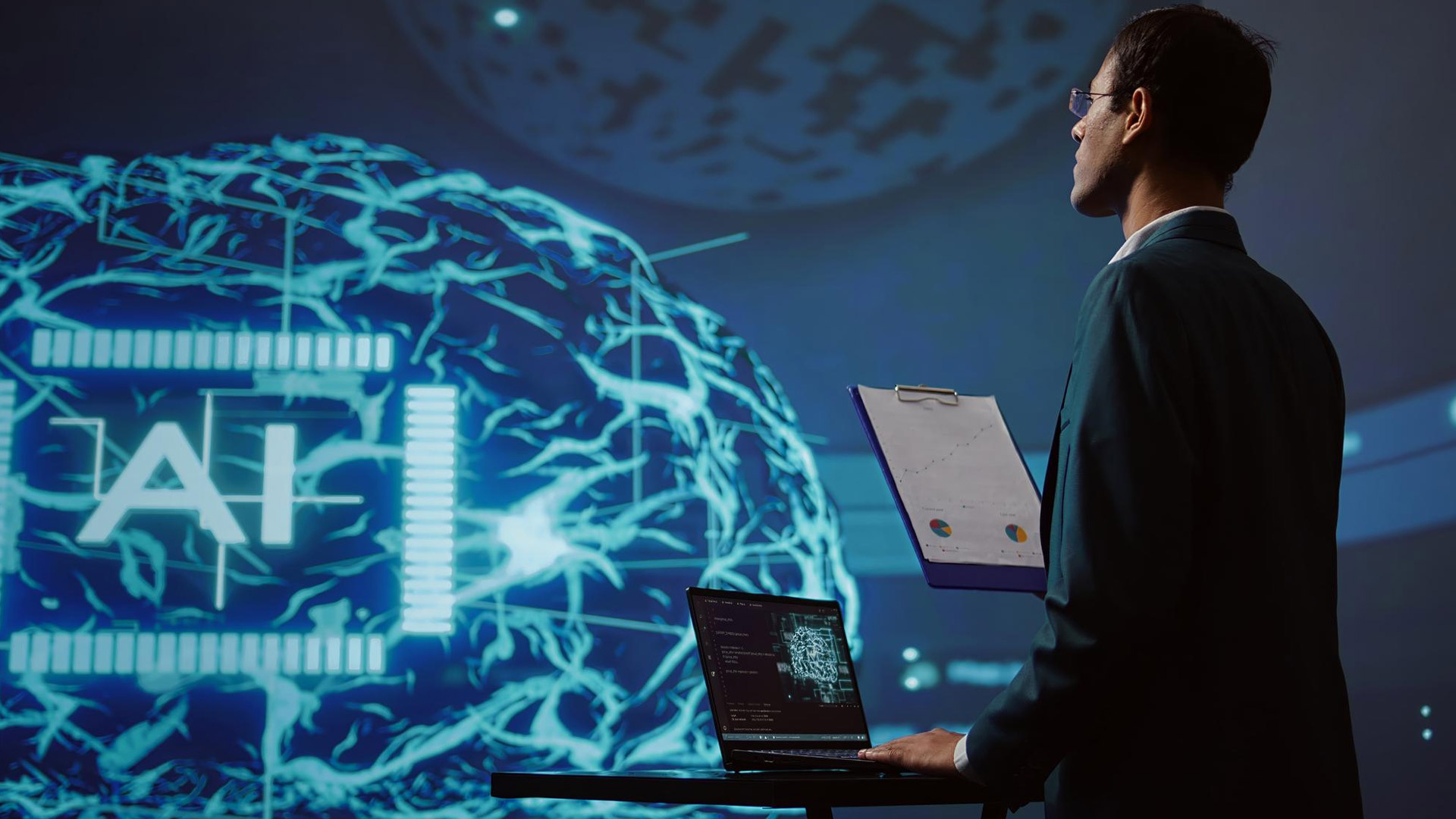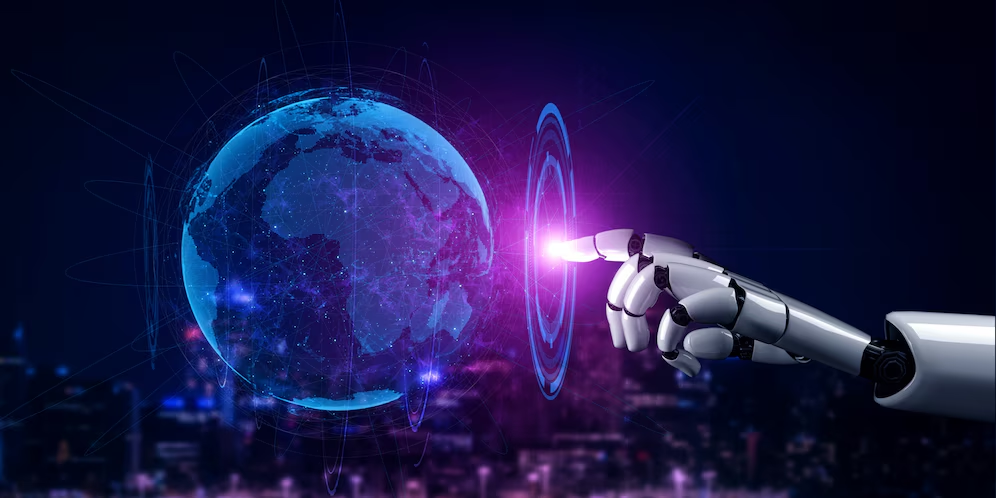Are you thinking about getting into coding but don’t know where to start? With so many programming languages available, it might be difficult to select the ideal one to start with. The correct language may provide the groundwork for a successful career in technology, including web development, data science, artificial intelligence, and software engineering.
In this article, we’ll look at the best coding language to learn first in 2026, taking into account industry trends, ease of learning, job market demand, and adaptability. By the conclusion, you’ll have a clear path to begin your programming career!
What is the Best Coding Language to Learn First in 2026?
1. Python: The Best for Beginners and Beyond
Why study Python first?
- Easy to read and write: Python has a straightforward syntax that closely matches plain English, making it ideal for novices.
- Versatility: It may be used in web development, artificial intelligence, machine learning, automation, and other applications.
- Market Demand: Python coders are in great demand, with an average UK income of more than £50,000 (source: ITJobsWatch).
- Large Community and Resources: Forums, manuals, and online courses all provide extensive assistance.
Python is the best choice for novices due to its simplicity and extensive industrial use. Learning Python opens the door to a variety of employment opportunities, including data analysis, software development, and cybersecurity.
2. JavaScript – The Key to Web Development
Why choose JavaScript?
- Essential for online Development: Enables dynamic webpages, interactive features, and contemporary online apps.
- High Job Availability: JavaScript is an essential talent for front-end development, full-stack development, and mobile app development.
- Experimentation is simple since it runs in the browser and requires no complicated setup.
- Frameworks and libraries: Use React, Node.js, and Vue.js to code efficiently.
If you’re interested in web development, you should learn JavaScript. Mastering it opens the door to lucrative opportunities in the technology business.
3. Scratch: A Fun Start for Young Coders
- Best for: Children and extreme novices.
- Visual and Interactive: Instead of coding with text, drag-and-drop blocks are used.
- Great for Understanding Coding Logic: It aids in the development of problem-solving abilities before the transfer to text-based languages.
- Widely Used in Schools: Suitable for children aged 8 to 16.
Scratch isn’t for professional developers but is a fantastic way to introduce young learners to coding concepts.
4. Java – The Classic Choice for Software Development
Why consider Java?
- Used in Enterprise Applications: Banks, huge enterprises, and Android developers all rely significantly on Java.
- Strong Object-Oriented Programming (OOP) Foundation: Improves coding abilities for more complicated projects.
- Portable and scalable: It runs on a variety of systems, ensuring future compatibility.
Java is somewhat more sophisticated than Python, but if you want to work in Android development or corporate software, it’s an excellent first language to learn.
5. C# – Ideal for Game Development & Windows Apps
Why learn C#?
- Game creation: The preferred language for Unity game creation.
- Windows software development: This refers to the creation of Windows applications and enterprise software.
- Easy to Transition to Other Languages: Has parallels to Java and C++.
C# is a fantastic alternative for anyone interested in game development or Microsoft-based apps.
Conclusion
If you’re a novice in 2026, the ideal coding language to start with depends on your interests:
- Python is ideal for AI, machine learning, automation, and data science.
- JavaScript is ideal for web development.
- Java is ideal for Android applications and corporate software.
- C# is best for game creation.
- Scratch is ideal for children and total novices.
The most essential thing is to get started coding right away, regardless of the language you select! The technology business is expanding, and learning to code will provide unlimited options.
Frequently Asked Questions
Python remains the greatest computer language to learn initially in 2026—and for good reason. Python provides a strong and adaptable basis for careers in software development, data science, artificial intelligence, cybersecurity, and even finance. Its easy syntax, clear structure, and diverse variety of applications make it suitable for both novices and professionals.
However, the “best” language can also depend on your professional objectives:
- JavaScript is indispensable in web development. It drives the majority of website interactivity and is backed up by sophisticated frameworks such as React and Node.js.
- Top choices for mobile app development include Kotlin (for Android) and Swift (for iOS).
- Python is the dominant programming language in data science and machine learning.
- C# (via Unity) is an excellent starting point for game development.
- C or C++ continue to be necessary for embedded devices and hardware-level programming.
If you’re not sure what you want to specialise in yet, start with Python, which provides doors to practically every industry of technology.
Yes, Python is more valuable to learn in 2026 than ever before.
Its role in the development of technologies such as artificial intelligence, machine learning, data analytics, automation, and cybersecurity has solidified its place as a must-know language. Even in traditional software development, Python’s rapid prototyping capabilities and extensive ecosystem (think Pandas, TensorFlow, Flask, and Django) make it valuable.
Python stands out for its community support, cross-platform interoperability, and the fact that it is utilised by big corporations such as Google, NASA, Netflix, and Microsoft. It is also the preferred language in education, indicating a long-term investment.
In short, Python isn’t simply useful; it’s vital.
Python and Scratch are regarded as the most accessible programming languages for novices owing to their intuitive syntax and approach.
Python (AI and data research), JavaScript (web development), and Java (business software) are the top options for high-paying jobs.
Yes! Once you’ve mastered one language, learning another becomes much simpler. Many developers begin with Python or JavaScript before branching out to other languages dependent on their career ambitions.
You can learn basic coding in 3-6 months with persistent practice. However, learning a language for professional purposes might take a year or longer.
No! Many self-taught developers land high-paying jobs through online courses, bootcamps, and hands-on projects.
In 2026, Malbolge, Brainf*ck, and other esoteric languages will stay at the top of the list of intentionally difficult languages. However, among practical and widely used programming languages, C++ is probably the most difficult to grasp.
Why? C++ is challenging to learn because it combines low-level memory management, complex syntax, and object-oriented features. Its power comes from giving developers unlimited control over hardware and performance. However, this creates new potential for vulnerabilities, memory leaks, and undefined behaviour.
Rust is a powerful competitor. While it is gaining popularity for its safety and parallelism capabilities, Rust has a strict compiler, separate ownership rules, and a steep initial learning curve – but many people believe it is worth the effort.
In short, if you want a brain workout, C++ or Rust are both tough and rewarding.
This is a typical question; however, it’s crucial to note that learning Python is frequently the first step towards understanding AI.
AI is not a language, but rather a field of study and application. To create AI models, you must utilise a programming language, and Python is the most used language in AI creation. Python-based tools include TensorFlow, PyTorch, Scikit-Learn, and Keras.
So, instead of deciding between Python and AI, consider it as a progression:
Learn Python: master the essentials.
Discover data science and machine learning ideas.
Advance your AI skills by creating clever systems with Python.
So, if you want to work in AI, start with Python. It’s your entryway to the world of artificial intelligence, data science, automation and beyond.





